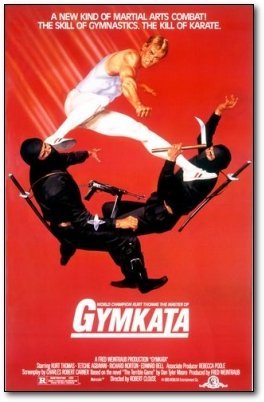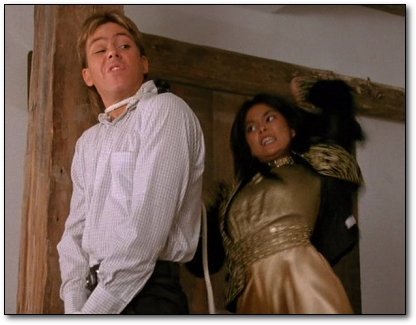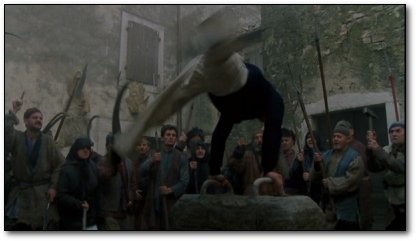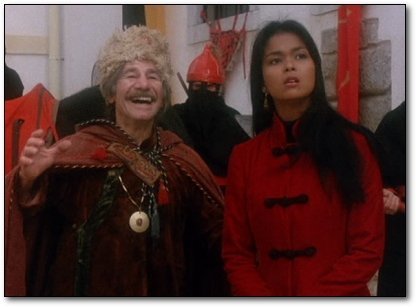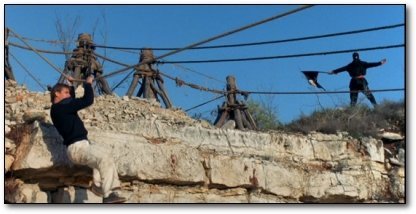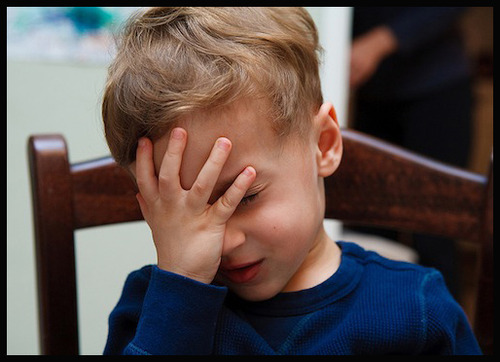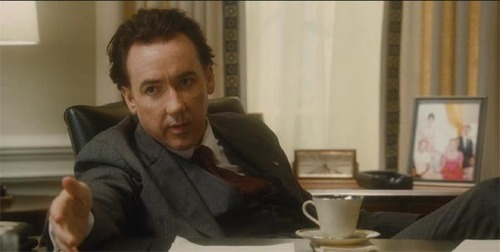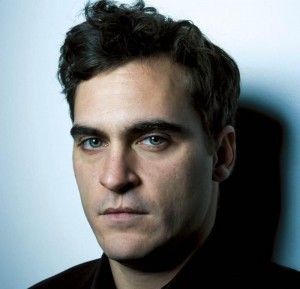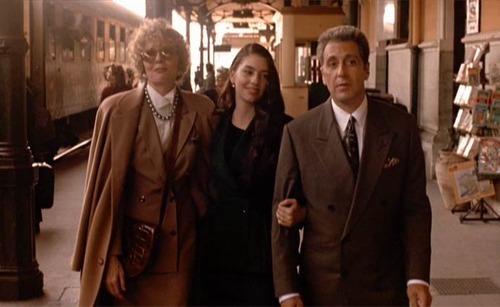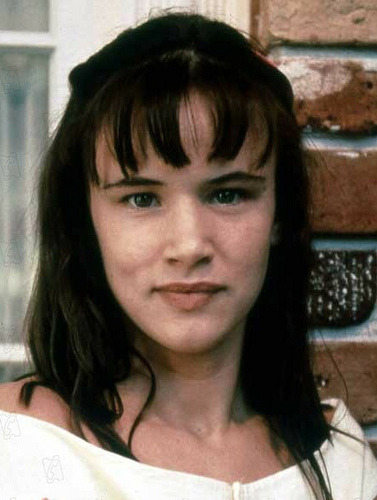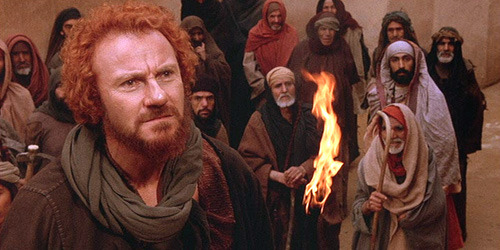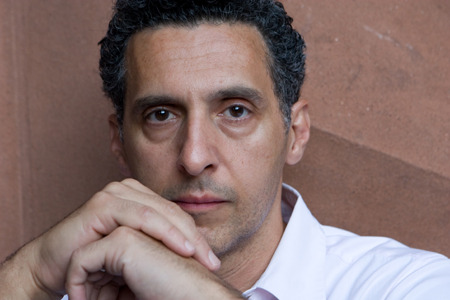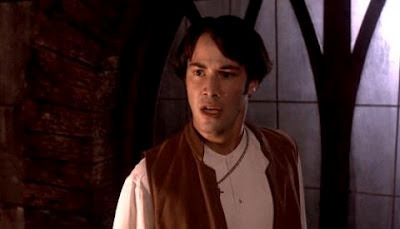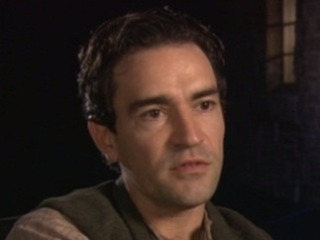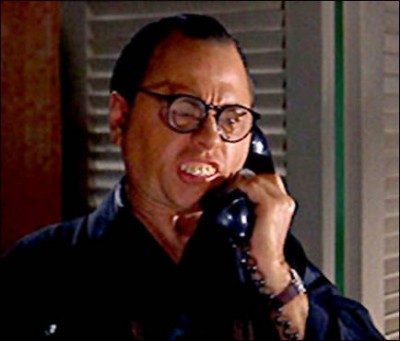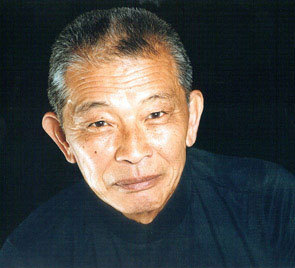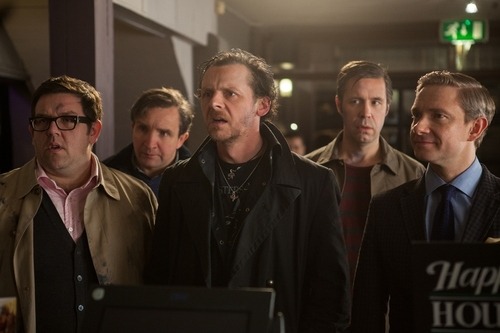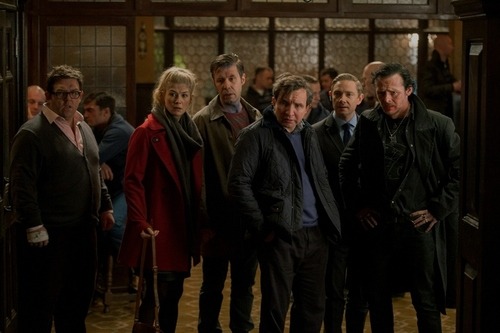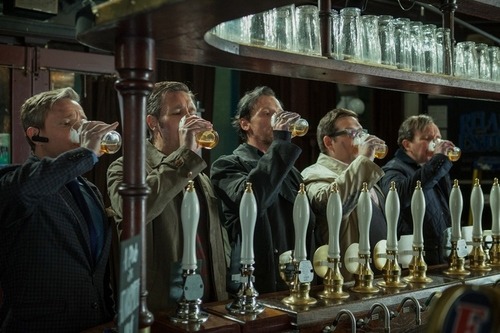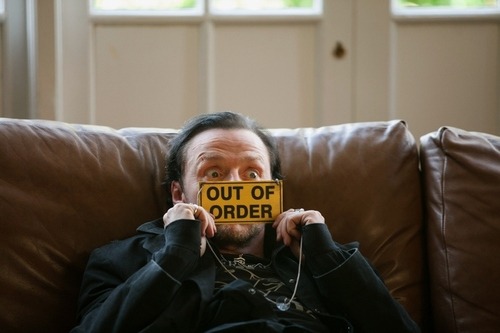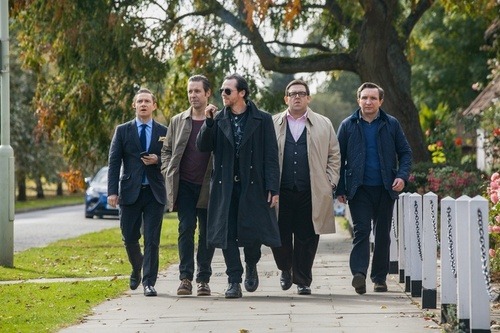Day 240: A Single Shot
"Most problems, John, aren't as bad as they seem... Thing is, you got to deal with 'em before people get backed into corners."
Hot on the heels of one of the best performances of his career in The Way, Way Back, Sam Rockwell is back in a film that couldn't be more dissimilar, the moody Southern gothic tale A Single Shot. Director David M. Rosenthal (Janie Jones) takes a page out of the David Gordon Green playbook by casting Rockwell as a dubious Southern man harboring dark secrets and trying to stay one step ahead of the law and the lawless. Heavily indebted to films like Green's Snow Angels, as well as A Simple Plan, No Country For Old Men & especially Winter's Bone, A Single Shot attempts to distinguish itself in a seemingly indistinguishable genre.
Lonely hunter John Moon (Rockwell) lives alone in a trailer in the mountains of a non-descript part of the Southern United States. One morning while stalking a deer, John accidentally shoots and kills a young woman. Upon discovering her belongings, he finds among them a satchel full of cash, which he scurries off with, leaving the body behind. In an attempt to reconnect with his estranged wife (Kelly Reilly) and young son, he gives her $4000, but suspicions begin to arise as to how he came into that much money, and it isn't long before a stranger shows up in town (Jason Isaacs), whom John recognizes from a picture he found among the dead woman's possessions.
John begins a descent into panic as mysterious notes begin finding their way into his home, and he becomes leery of just about everyone in town, from an old friend (Jeffrey Wright) to a bewigged lawyer (William H Macy) John hired to help with his legal troubles surrounding his impending divorce. In a small town where everyone seems to know everyone else and their business, John can't help but feel like a man alone, and staying one step ahead of trouble begins to become too much of a challenge for John.
The inherent problem with A Single Shot is that it can't help but feel derivative of the films I mentioned in the first paragraph. Virtually every other "guy finds a ton of money belonging to a dead person & trouble ensues" film has explored the various outcomes of such a plot and they never end well for the finder. The film can't help but feel like it's moving towards an inevitable conclusion at a snail's pace because that's exactly what it's doing. Adding in the element of danger towards the people he cares about adds a modicum of suspense, but it is then inexplicably jettisoned in the blink of an eye. With nothing even remotely original to say or show the audience, the film can't help but feel like an interminable slog through familiar territory.
The film's climax, when it finally comes, is also as bleak and unsettling as any I've seen. The film attempts to emulate the climactic scene in the boat in Winter's Bone, but just continues to come across as a pale imitator. In fact, most of the film, from the design elements to the cinematography, seems to be attempting to redo Winter's Bone, and it just feels like a fool's errand. By the time the final scene comes, what should be an eerie parallel to the first scene ends up feeling like a half-hearted attempt to tie everything together in the most obvious way imaginable. It's a shame too, because the film has some nice moments in it that could've made this final moment all the more haunting.
Thankfully the film has some pretty great performances from an array of fantastic actors, all of whom make the film slightly more watchable than it has any right to be. Macy proves how much he can do with very little (though he really lets the wig do all the acting for him, particularly in his final scene) and Isaacs shows just how underused he is as an actor, even in this film. Wright, as well, brings a ton of life to his two scenes, both of which highlight what a truly underrated actor he is, even in a minuscule role.
The film belongs to Rockwell, however, who manages to create a fully formed character, despite being given very little to work with beyond a series of stereotypical backwoods traits. Rockwell is never dragged down to the level of the second rate material he was given, and its only in retrospect that you realize how good he was in spite of the nonsense he was being forced to do and say. He has a number of really good scenes, particularly the scene when he attempts to bring the money to his estranged wife and is confronted by an unexpected childcare situation. That he can manage to acquit himself of this film almost entirely is a testament to just how phenomenal of an actor he is, and how chameleonic he can be in any given film.
A Single Shot is not a total wash, mainly thanks to its actors. I only wish this cast had been assembled in something more deserving of their time and talents. The film does manage to capture the dirt and grime and unsavory elements of deep backwoods life, but it just can't help but feel pat when that's been done before with equal verisimilitude. If the film had brought something new and original to the table, with this cast, it might have made for a hell of a film. Instead, it can only look and feel like the squandered opportunity it truly is, which is the saddest indictment of all.
The film is currently in a very limited theatrical release but is available OnDemand and streaming on iTunes.
GO Rating: 2.5/5
GO Rating: 2.5/5
[Photos via RottenTomatoes]

























